Standpoint and Fact
Previously, in Randomness by Observership?, I elaborated that idea, which comes down to randomness being not so much a matter of fact as a matter of standpoint. I pointed out that experts cannot agree whether sequences of events such as coin flips are random be their very nature, by the nature of the procedure used to generate them, or simply by virtue of our own ignorance as to their deterministic causes.
Then I mentioned the postition suggested by probability theorist G. Spencer Brown, to the effect that we as observers of candidate sequences determine their randomness. If we are completely "bamboozled" by them, unable to predict what comes next no matter how hard we try to find a formula by which they can have been generated, then they become random for us.
In other words, our standpoint as bamboozled observers is what makes the sequence random. Randomness is not so much a matter of fact as one of standpoint.
At the end of my previous post, I hinted that perhaps "random" events such as genetic mutations, the raw material of evolution, aren't unpredictable at all from a certain standpoint: that of God.
Perhaps God knows what's about to happen in any particular sequence of "random" events. That would seem an epistemological claim — epistemology being the philosophical study of the possibility of knowledge. The epistemological claim would be that sequences of events which are opaque to our ability to know what's coming next are not opaque to God's.
But in that same previous post I also suggested there may be a profound kinship between randomness and quantum events. John Archibald Wheeler, the physicist who coined the term "black hole," has proposed that at a quite deep level the universe undergoes "genesis by observership" (see also the earlier post Genesis by Observership in my A World of Doubt blog).
Wheeler offers a thought experiment in which photons of light traverse multiple possible paths from far off sources in the cosmos. Two curved trajectories arising from the gravitation of intermediate galaxies and converging here at our tiny planet send photons to us probabilistically. Either trajectory is equally likely — until we look at the originating quasar through a telescope. What that happens, Path A is selected over Path B, if Path A is the one we point the telescope toward. If on the other hand we point at Path B, it is the one which the photon uses.
This thought experiment, slightly altered for obvious practical reasons, has been confirmed in the lab. Even though the choice of which way to "point" the observing equipment occurs after the photon begins its journey, our post facto choice is what determines which path the photon traverses.
The sheer act of observing crystallizes actuality out of a panoply of (in this case, two) statistically equiprobable quantum potentialities. This is what "genesis by observership" means.
Notice that we are not talking here just about epistemology: what it is possible to know, and how we can know it. We are talking about ontology, the philosophical study of being. When we say Path A is the one the photon uses, we are making an ontological choice. Namely, the photon using Path A exists, whereas the one using Path B does not.
Our observership creates being — thus the title of the provocative article in the June 2002 issue of the science magazine Discover from which I learned of Wheeler's views: "Does the Universe Exist if We're Not Looking?"
Another way to look at it is that the commonsense line between epistemology and ontology — between what we can know and what is — is really a dotted one. If the line exists at all, that is.
Importing that notion into our consideration of randomness, we can hypothesize that the very existence of randomness (as opposed to a deterministic situation which nonetheless "bamboozles" us) is a matter of standpoint: how we "point the telescope" of our observation and understanding. If we "turn a blind eye" to the possibility that there is an underlying formula or algorithm generating seemingly random sequences of events such as genetic mutations, then indeed there is nothing that determines a priori what the next die roll will be.
If on the other hand we "open our eyes" to the possibility of an invisible determiner of die rolls and the like, then there is, in our universe, such a determiner.
Again, randomness is not so much a matter of fact as a matter of standpoint. Looked at from one standpoint, we find that sheer randomness — indeterminate, undirected, and unpredictable — is radically part of our world. That's like pointing our telescope at Path A. From the other standpoint, there is order hidden in the rain, an order which we can't see but God can. That's like pointing our telescope at Path B.
Either direction, the one toward Path A or the one toward Path B, is valid.
We must choose.
The choice we opt for makes the associated reality so, in that it crystallizes an actuality out of what would otherwise be a mere potentiality.
How counterinutitive!






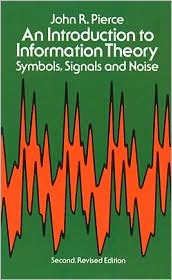

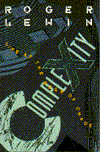
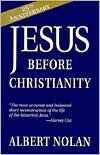
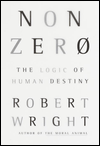

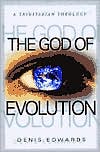

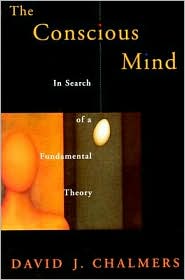
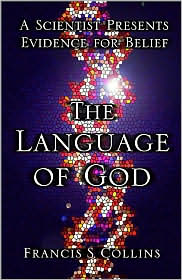


0 Comments:
Post a Comment
<< Home